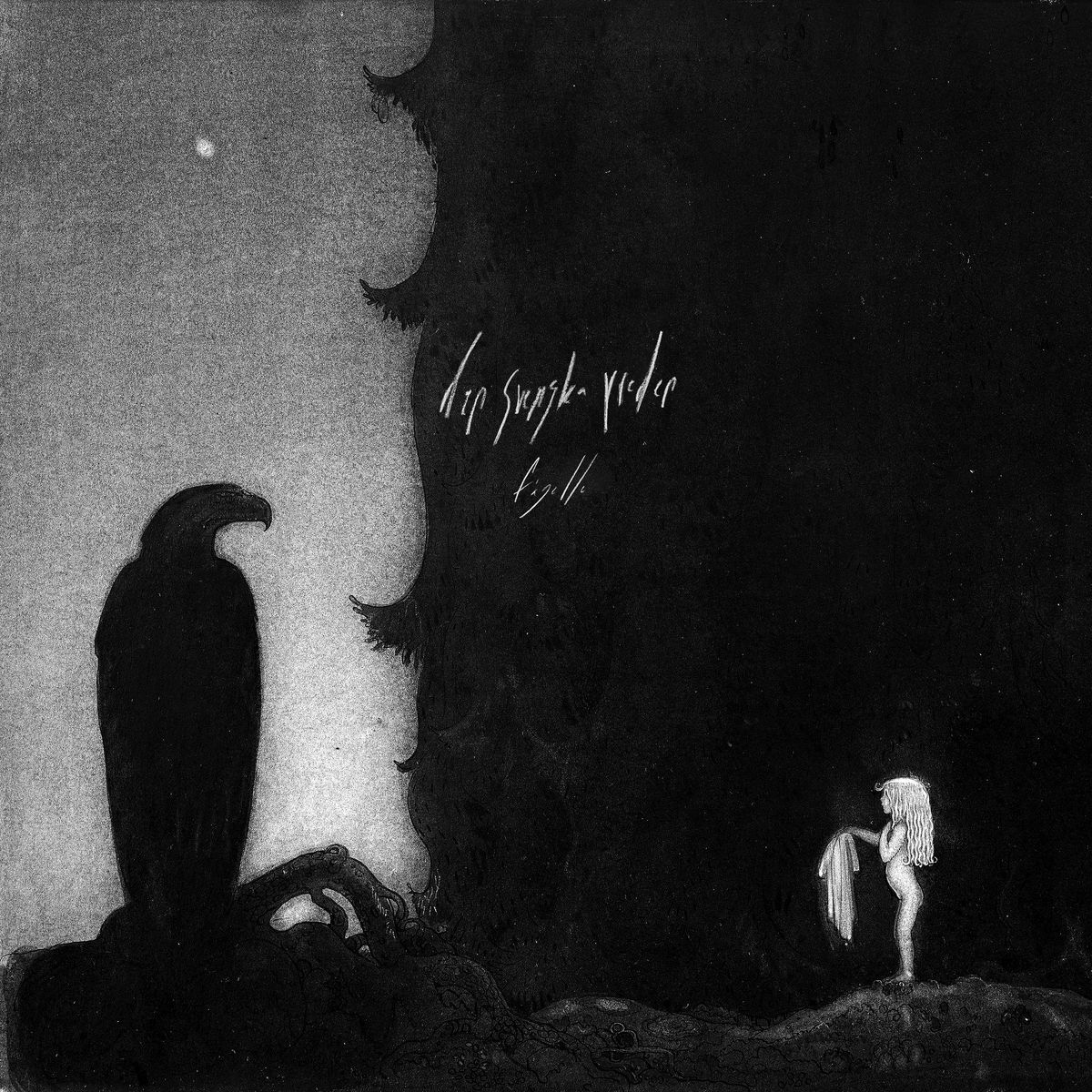Review: Fågelle – Den svenska vreden
Beautiful, wrenched songs about inner rage and the rigidity of societal codes.

The weight of rage takes many forms. The percussion on “Ingenting” sounds like someone hauling a huge wooden chest, dropping it continually to regain strength. On “Slavar”, the weight resides in rhythm: a syncopated slow stagger through a field of woozy voices, synth hazes and drooping-flower guitars, legs dragging with fatigue. The weight is also a dense sadness that permeates the entire runtime. The melodies carry an earnestness reminiscent of post-rock, yet without the cathartic peak. These songs are always gathering, accumulating, welling up, faltering, often subsiding into the sound of wind. Yet the energy is never truly gone.
The album title translates as “the Swedish rage”, which derives from the anger that Fågelle felt for many years, and the lack of spaces to express such feelings within the framework of Swedish social etiquette. The record is thus a beautiful, but wrenching, tussle of forces: the anger fizzing to the edge of the skin, audible within Fågelle’s voice as it wavers over long vowels, versus the downwardly-imposed stoicism of Swedish society; a forced adherence to a quiet beauty. Nature embodies this very tension, as in the wind audible during the album's lower moments – emblematic of those cliched images of Sweden’s serene landscapes, but also of the spaces we go to be momentarily ridden of societal codes and unleash our inner selves. Every instrument here is imbued with the palpable potential to break, untenably laden, synthesisers straining, bass drums wobbling with weakened skins. The contradiction won't hold forever.
Aptly, Fågelle’s voice is only heard at full pelt when in the distance. Many of these pieces come backdropped by vocal harmonies, yelled as if over a cliff edge or slipping into wolf-howl falsetto, yet always reduced to a volume that suggests these are suppressed, internalised laments. In the foreground she remains measured and within the boundaries of language, just barely keeping herself within the confines of social acceptability. She comes closest to letting loose on the two minute title track: a swirling assemblage of distortion, sirens and embedded screams, which falls silent just as it verges on bursting open. Subsequent track “Kär i vem som helst” starts up, and Fågelle heralds in a hopeful power pop number with a melody that swoops like a falling leaf. It’s as if nothing happened. Yet we all remember.



